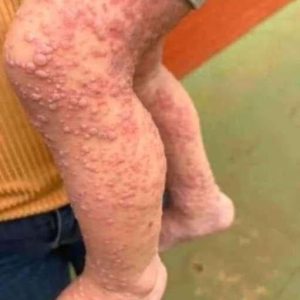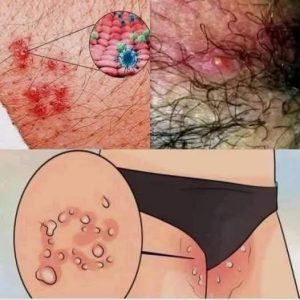Understanding Mouth Cancer: Early Detection Can Save Lives
Mouth cancer can affect the tongue, lips, gums, inner cheeks, roof, or floor of the mouth. Treatment varies based on the cancer’s stage and location, but early diagnosis significantly improves outcomes.
Surgery is often the first treatment for early-stage cancers. Tumors are removed, and reconstructive techniques like flap procedures may be used to restore appearance and function. Radiation therapy, including External Beam Radiation Therapy (EBRT) and brachytherapy, targets and destroys cancer cells while minimizing harm to healthy tissue.
In advanced cases, chemotherapy—often combined with radiation—is used to attack cancer throughout the body. Targeted drug therapy is another option, blocking specific cancer cell functions to halt growth, and is sometimes used alongside traditional treatments.
Tobacco use is linked to 80% of mouth cancer cases. Most patients are men over 50, though anyone can be affected. Early detection is crucial: the survival rate is 82% if caught early, but drops to 27% for late-stage diagnoses.
In countries like India, poor oral hygiene and infrequent dental visits contribute to late diagnoses. Regular dental checkups and awareness can help catch symptoms early, when treatment is most effective.
Bottom line: Prevention, awareness, and timely action are key to beating mouth cancer.





